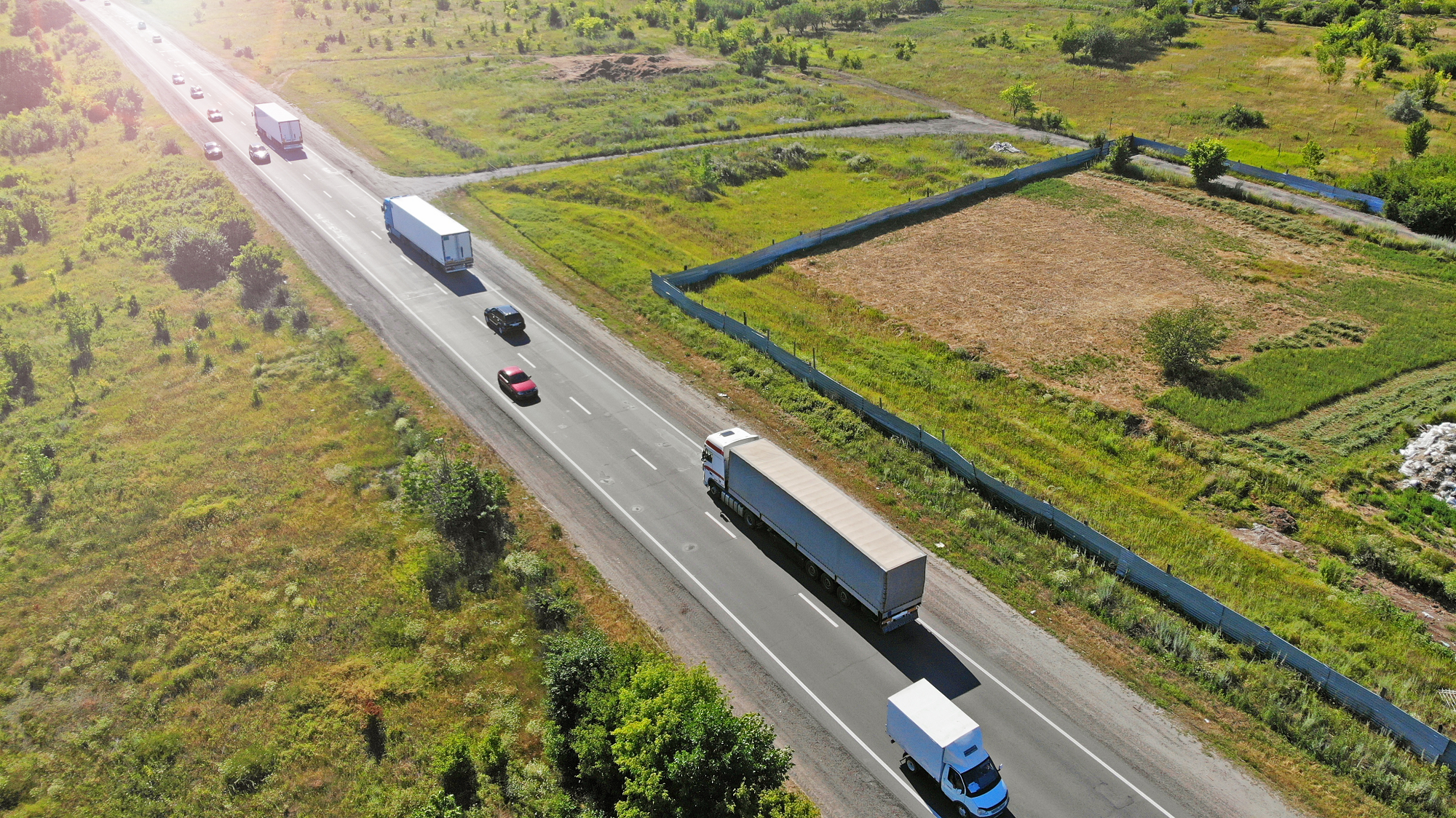

It’s OK to admit it. The environmental impact of producing baby food isn’t our first thought when introducing solids to baby. Instead, we’re consumed with the all-encompassing parent worries of whether we’re starting solids at the right time or feeding our baby the healthiest foods.
However, delving into the environmental impact of conventional baby food production is a key factor in understanding why parents should choose organic baby food when introducing solids to our baby.
Conventional baby food production can have a substantial impact on the environment due to the use of synthetic fertilizers, pesticides, and herbicides during production, as well as the transportation of ingredients and the production of baby food packaging materials.
Some of the environmental impacts of conventional baby food production, along with reasons why choosing organic baby food is a more environmentally sustainable option are:
Pesticides and Herbicides
Conventional baby food is regularly produced using pesticides and herbicides to protect crops from pests and weeds. These chemicals can have negative impacts on soil health, water quality, and wildlife. According to a study published in the journal Environmental Health Perspectives, exposure to pesticides during pregnancy and early childhood can be harmful to our baby. It can increase the risk of developmental delays, behavioral problems, and other health issues. (1) Opting for organic baby food can help reduce exposure to these harmful chemicals.
Fertilizers
Conventional baby food production also relies on synthetic fertilizers to improve crop yields. These fertilizers can promote soil degradation, nutrient runoff, and water pollution. Parents don’t have to worry about that when buying organic baby food. The production process relies on natural fertilizers and crop rotation to maintain soil health and promote biodiversity.
Transportation
Conventional baby food production often involves the transportation of ingredients from long distances, adding to harmful greenhouse gas emissions and air pollution. Organic baby food production often sources ingredients locally, reducing the carbon footprint of transportation.
In addition to the environmental benefits, choosing organic baby food offers many health benefits for babies. Organic baby food is produced without the use of genetically modified organisms (GMOs), antibiotics, and synthetic growth hormones, which can have negative health effects for humans. For example, the use of antibiotics in conventional baby food production can contribute to the development of antibiotic-resistant bacteria, which can have dangerous consequences for human health. (3)
Additionally, organic baby food is often produced using sustainable farming practices, such as crop rotation and natural pest management, which promote soil health and biodiversity. These practices can help support a strong and resilient food system for future generations.
While organic baby food may be slightly more expensive than conventional baby food options, the long-term health and environmental benefits are worth the investment. Many organic baby food companies prioritize transparency and ethical sourcing practices, which can help maintain a more sustainable food system overall.
Choosing organic baby food is not only a healthy choice for babies, but also a sustainable choice for the environment. By supporting organic baby food production practices, we can help promote a more superior food system for the future of our children.
References:
- https://ehp.niehs.nih.gov/doi/10.1289/ehp.1408197
- https://www.un.org/en/actnow/production-consumption
- https://www.who.int/news-room/fact-sheets/detail/antibiotic-resistance
